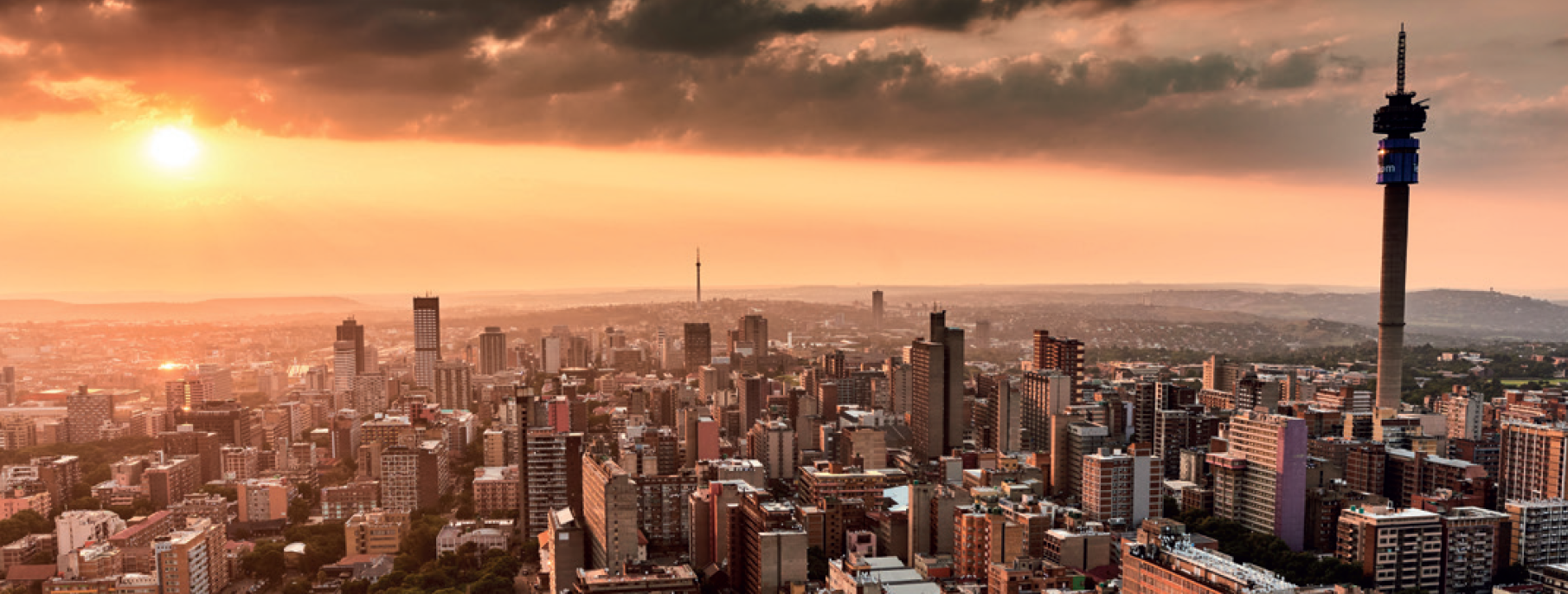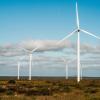
In May 2023, we inaugurated the CWC blog with our first Reportage feature on the 2022 Africa Tech Venture Capital report from Partech Partners. It was fitting as a first post, announcing another channel in the CWC’s mission to amplify important business stories from around the continent. The Reportage feature helps us do this by shining a light on the vital data that we rely on in our case research. VC, and the tech sector more broadly, may represent just one facet of Africa’s business activity, but it’s a vital one that connects African entrepreneurs and consumers to the global economy. Now, we are back to bring you the top findings from the 2023 edition, which dropped earlier this year.
If there was a single takeaway from Partech’s report, it was not a happy one: African tech took a massive hit last year. “While in 2022 this region stood out against the global downturn, in 2023 the African tech sector saw a larger decline than the global trend,” the report reads. African equity funding dropped 54% compared to a 38% drop globally; debt funding dropped 22% compared to a 5% drop globally. Africa was afflicted by the same adverse forces as the rest of the world: high interest rates, currency devaluation, and inflation. But according to Partech, two additional forces are behind this particularly rough drop: conservative capital raising on the part of startups and investor withdrawal from the market. This amounted to a 46% decline in total funding and a 28% drop in deal count that affected all countries, the biggest downturn since reporting began in 2016.
As case research so often illuminates, these top-line figures are just the tip of the iceberg; beneath it are the stories of countless entrepreneurs, investors, and employees and their struggles to cut costs, re-strategise, and survive. For that granular detail, we need case studies, but Partech’s reporting does well to marry the hard data with the human decision-making taking place inside Africa’s startups. Here are four key findings from their latest report:
A drop in growth-stage funding amidst global capital pull out
Partech’s methodology involves deals of USD200k or more, which means the deals captured in their reporting are all in the Seed+, Series A, Series B, and Growth stages. Growth-stage investments have remained the biggest funding category since 2018, but saw the biggest decrease in funding in 2023 at -31% YoY. In the past, Growth-stage funding has been sourced from large global funds with no African mandates; in 2023, many redirected funds to their primary markets. But the decline is driven by both deal count and ticket size. There was just one megadeal (more than USD100M) in 2023 compared to seven in 2022. “The era of focus on top-line growth fuelled by cheap global capital is gone,” the report proclaims. The upshot: founders focusing on building sustainable businesses over which they will exercise greater control in the years to come, while weaker competitors fall away. The exit of global players may also create an opportunity for the local investor ecosystem to take over Growth-stage deals.
Fintech holds the throne
Fintech continues to dominate as the most active sector in both total equity funding (USD852 million) and deal count (113). Although funding was down 56% from 2022, fintech still captured more than one-third of funding, with the runner-up, e-commerce, taking a distant 11% (USD298 million). A key reason for fintech’s continued performance is that it provides much of the enabling infrastructure for other sectors, particularly in African countries that lack traditional infrastructure for banking, payments, and remittances. Furthermore, the large population of Africans unserved and under-served with financial services, coupled with the presence of proven models (e.g. mobile money, payments solutions, digital credit scores) from mature startups, makes it an attractive sector for investors. But take note: agritech (+67%) and healthtech (+17%) were the only sectors to see significant increases in equity funding.
South Africa and Nigeria led the way in equity
The “Big Four” African economies maintained their stronghold in terms of deal count, total funding, and funding at every stage, with a wide berth of USD242 million between Kenya and the number five equity investment destination, Morocco. Combined, Egypt, Kenya, Nigeria, and South Africa captured 79% of equity funding across 27 countries total. All Growth-stage deals went to companies in the Big Four, which include the largest and most mature markets on the continent, suggesting that in times of heightened uncertainty, large global investors still see these as “safe bets”. And within these, South Africa and Nigeria are perceived as the safest: South Africa attracted the most VC funding in 2023 (USD548M) while Nigeria netted the most equity deals (111). South Africa also had the lowest decline in investor activity at -9%, compared with -47% in Nigeria, for example. Partech reports that South Africa’s robust ecosystem of local investors may have insulated them from the downturn, suggesting that emerging tech hubs on the continent should focus their energy on maturing their network of in-country and regional investors.
Rise of Francophone Africa
Anglophone markets have long dominated as investment destinations, unsurprising given the outsized role of global investors and the language barrier to the market of 400 million in Francophone countries. Other barriers include political conflict, small market sizes, skills gaps, complex regulations, and the nascence of the tech startup hubs in these countries. But Francophone Africa gained major traction in 2023: it captured 68% of equity funding and 61% of all deals outside of the Big Four. This equates to 15% of the total equity funding on the continent, up from 11% in 2022. The highest increases in investor participation from 2022 – in a year where the Big Four and most other countries saw declines – were in Rwanda (+113%) and Senegal (+94%).
With most activity concentrated in North and West Africa, the growth of the tech sector in these markets is embodied by the Senegalese fintech Wave, which became the first (and only) unicorn both in the Francophone Africa and outside the Big Four in 2021 after raising US$200 million in a Series A round (for a valuation of USD1.7 billion). The anticipation of more, and more mature, startups like Wave that can consolidate the Francophone market is expected to drive more funding to these countries. The top five Francophone performers in equity funding 2023 – Morocco (USD93 million), Congo (USD42 million), Rwanda (USD38 million), Tunisia (USD33 million), and Senegal (USD27 million) – featured in the top 10 African markets overall.
Read the report
Read the full report Africa Tech Venture Capital 2023 from Partech Partners.
By Sarah Boyd

















